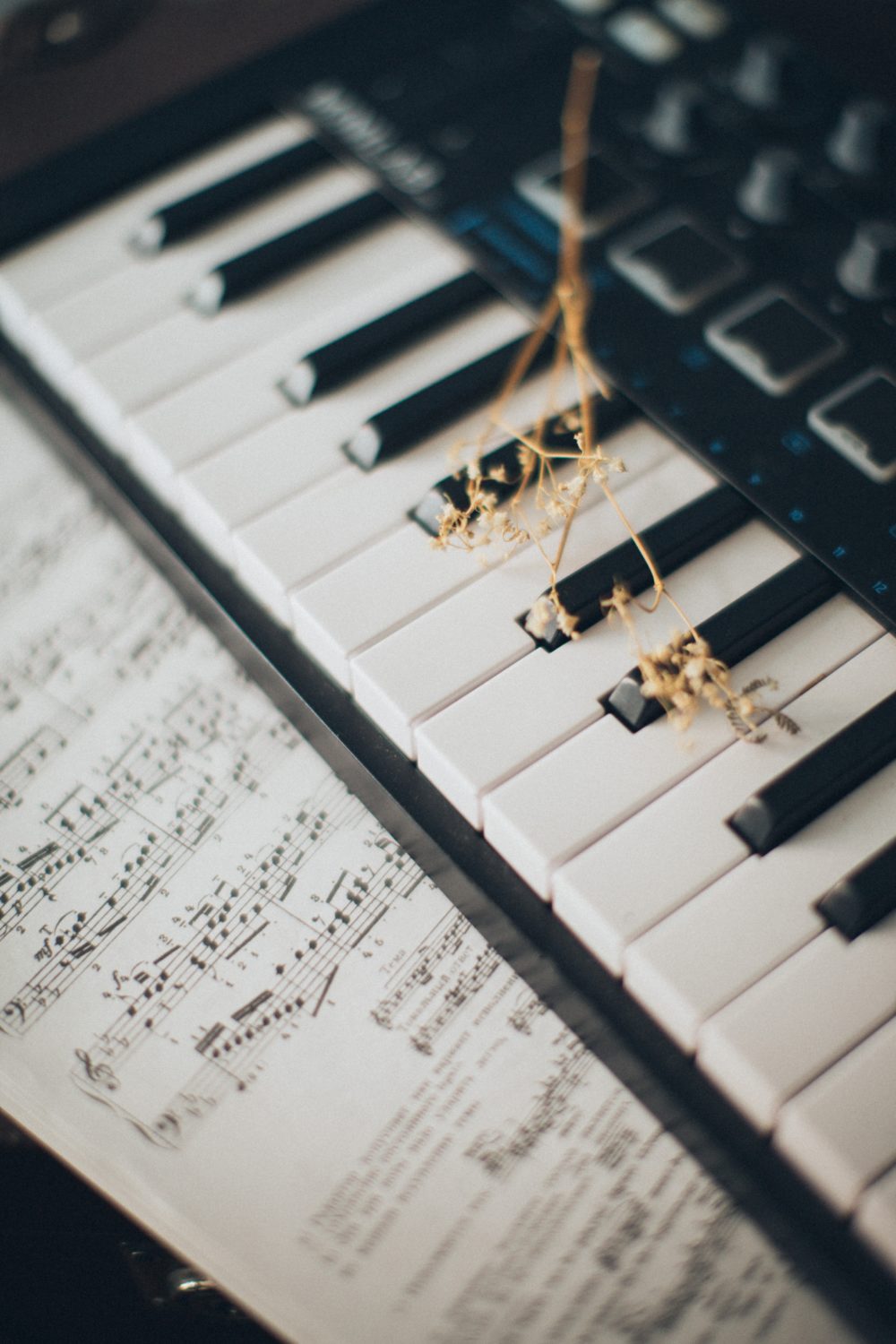
As a skill, pianists must put in much time and effort to develop the talent needed to play the instrument. This is especially true for students that take lessons or are involved in competitions. Just as athletes practice sports outside of school hours, piano players need to spend dedicated time practicing scales, exercises, songs, and pieces.
However, even though it may seem like this would be an easy task given enough concentration power, remember that there are many things you should keep track of when practicing the piano, such as speed and tone production. Here are some tips on how you can efficiently practice the piano so that by putting this information into action, you will see results quickly.
Practice With Easy Songs to Improve Finger Dexterity
It will be challenging to play complex pieces as a beginner because there is not enough strength and skill in the fingers. To ensure that you are progressing quickly as a pianist, always practice playing easy piano songs before attempting more complex pieces. This way, you can train your fingers to play the piano correctly and improve their skill over time. It is also advised that beginners play several 2-finger exercises (i.e., this simple exercise) to become comfortable playing with both hands simultaneously before moving on to more complex songs.
Exercise Proper Technique
Pianists must learn to properly hold the instrument and move their hands and fingers correctly. Many teachers recommend practicing with a mirror to ensure that you are perfectly playing when learning this. Teachers also stress the importance of having correct posture because if you do not sit up straight, it can lead to finger strain and other injuries.
Furthermore, poor finger technique will slow down your progression as a pianist. When practicing piano exercises, always keep track of your finger position and alignment with the keys to ensure the proper technique is used throughout the piece you are working on. This ensures no bad habits will be formed from sloppy playing.
Practice for Accuracy as Well as Speed
Speed may seem like it will naturally come as you improve, but this is not the case. Pianists need to work on speed for many different pieces they are learning, but it is best to split up practicing time between finding the right tempo and then accurately playing at that speed.
If you are practicing a piece for speed, keep track of the number of mistakes when playing at the desired tempo.
As a beginner, it is often best to play at a slower pace so that there is less chance of errors occurring. Some days will be better than others when it comes to accuracy; however, if you begin seeing an increase in mistakes over time when practicing at your target tempo, then you may want to slow down and practice more.
Note Durations Accurately
Playing each note with the correct length is one of the first things teachers stress when teaching their students how to play the piano. Musicians need to play durations accurately because if notes are played too long or too short, it can make a piece very difficult to read and enjoy. When playing scales (which should always be done slowly), keep track of how long each note plays to the best of your ability. It is easier for pieces to practice different rhythms at 10% speed throughout longer pieces.
This way, you can slowly play notes accurately without feeling too rushed or overwhelmed.
Practice With a Metronome
Metronomes are essential tools that pianists use when playing their instruments because they help set a rhythm and establish the correct tempo for the piece being played. It may seem tedious at first, but pianists need to make sure they are keeping an accurate beat while also playing notes correctly at the same time. Remember that even though metronomes are not always required when performing in public, practicing with one available can help you improve your technique and speed with ease.
Do Not Rush Through Pieces
Rushing through pieces can be detrimental because it will cause bad habits to form and create unpredictability in the music. To avoid this, make sure you take your time with each piece and don’t rush through songs just because they sound like something easy. If you miss notes or miswrite rhythms, chances are, those mistakes will continue throughout the rest of the piece. Always play slower than usual if you need to work on accuracy during practice, so no unwanted musical errors occur.
Practicing the piano can be a very tedious task for pianists. However, using these expert tips will ensure that you always practice efficiently and effectively. With time, patience, and commitment to this skill, pianists should have no problems becoming better at their craft through proper technique and training of their fingers. These tips can help any beginner or advanced player improve their playing abilities, so they can confidently perform pieces in public with ease.







